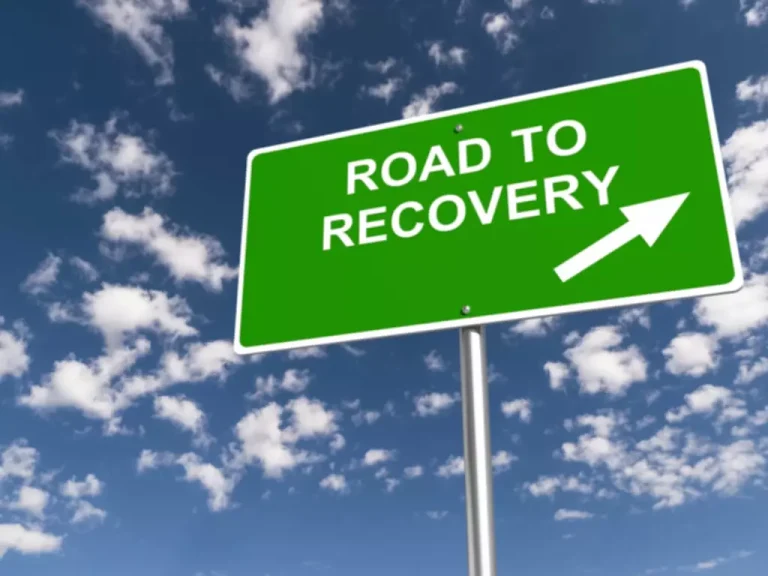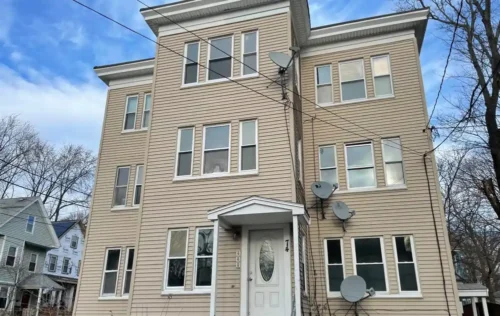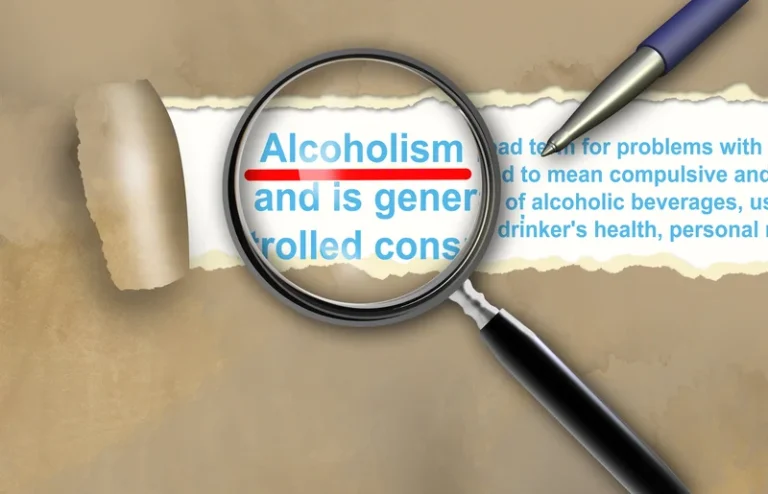
According to a 2021 National Survey on Drug Use and Health, 62% of people age 12 years or older consumed alcohol in the past year and 21.5% of that group binged alcohol in the past month. This can be dangerous for people who already have slower reaction times and poor balance without alcohol. The idea of having a drink to relax before bedtime may not be a good one, especially as you get older. Instead of lulling you into a restful night, alcohol can actually keep you from getting to sleep and lead to restless slumber. That can be particularly hard on seniors, who are already more likely to wake up often or have a sleep disorder like insomnia. Certain medications and excessive alcohol can work in tandem to suppress or amplify the effects of the other.
The association between alcohol consumption and sleep disorders among older people in the general population
In addition, reduced muscle mass and bone density increase the odds of severe injury. American Addiction Centers (AAC) is committed to delivering original, truthful, accurate, unbiased, and medically current information. We strive to create content that is clear, concise, and easy to understand. AARP is a nonprofit, nonpartisan organization that empowers people to choose how they live as they age. I’ve always been healthy and fit, and I kid myself that a little poison can’t hurt me. But by pushing the 14-a-week limit at my age, I’m also pushing my luck.
Prevalence of Alcohol Misuse Among Older Adults
Regular exercise is important to physical and mental health as you age. Exercise releases endorphins and promotes feelings of well-being. The next time you feel a craving — or if you’re feeling one now — get up and go for a short walk and see if the urge to drink subsides.
Chronic HPA Activation, Chronic Alcohol Exposure, and Premature or Exaggerated Aging

Some evidence indicates that elderly people may be less sensitive than younger people with respect to the negative feedback control of cortisol levels. Furthermore, such an impaired response to dexamethasone occurs more consistently in older people suffering from major does alcohol make you look older depression than in younger people with a similar degree of depression. Finally, older people suffering from Alzheimer’s disease or other forms of dementia also demonstrate a relatively high incidence of a blunted dexamethasone response (Seeman and Robbins 1994).
- One novel clock that is built from DNA modifications in monocytes, which was developed by Xu’s group, shows the strongest association with alcohol consumption and epigenetic age.
- Some evidence indicates that elderly people may be less sensitive than younger people with respect to the negative feedback control of cortisol levels.
- Mixing it with certain sleeping pills, pain medications, or anxiety drugs can be life-threatening.
- Some of those physiological adaptations to repeated alcohol exposure involve “unconscious” learned responses that offset some of alcohol’s effects.
- This review addresses the effect of alcohol consumption on cognitive decline, changes in brain plasticity in the aging brain and on cardiovascular health in aging.
Along with these, ask about various nonalcoholic brands of spirits, beers, and wines. Get helpful tips and guidance for everything from fighting inflammation to finding the best diets for weight loss…from exercises to build a stronger core to advice on treating cataracts. PLUS, the latest news on medical advances and breakthroughs from Harvard Medical School experts. To learn more about addiction diagnosis and treatment methods, read Overcoming Addiction, a Special Health Report from Harvard Medical School.
Age Differences in HPA Axis Function
- Perhaps you fear that this pattern of behavior will degrade the quality of your physical and mental health as well as your social life.
- By doing things that add joy and meaning to your life, you can ease symptoms of anxiety and depression, and also boost the feel-good chemicals in your brain that promote long-term happiness.
- Longer duration of care and more use of self-help groups positively influenced outcomes.
- Or you can schedule video calls so you can hear and see friends and family members.
- One epidemiologic survey determined that in the United States between 2001 and 2013, among people 65 and older, the rate of alcohol use disorder increased 107%.
- You might also regret things that you said or did while intoxicated.
- The answer is not so straightforward, based on a recently published study by researchers at Yale School of Medicine.
ACTH then is transported to the adrenal glands located atop the kidneys, where it activates certain cells to release cortisol, which exerts numerous metabolic effects. The HPA axis is regulated by both direct and indirect negative feedback mechanisms. Thus, cortisol directly inhibits further release of CRH from the hypothalamus and ACTH from the pituitary gland and indirectly lowers CRH secretion by reducing the neural input from other brain regions. This hormone “cascade” becomes activated whenever CRH-producing nerve cells (i.e., neurons) in the hypothalamus are stimulated by neural input from other brain regions, usually in response to a stressful situation. As a result of this stimulation, these hypothalamic neurons secrete CRH into specific blood vessels located at the junction of the hypothalamus and the pituitary gland. CRH then is transported through these blood vessels to the pituitary gland (i.e., the anterior pituitary), where it stimulates specialized cells (i.e., corticotrope cells) to secrete ACTH into the bloodstream.

These feelings can contribute to a cycle of dependence, where you drink to escape guilt, but feel more ashamed after the fact. The inability to break free from this cycle is a classic feature of codependency. Do you reach for alcohol every time you’re stressed, sad, or anxious? One of the key signs of codependency with alcohol is using it as an emotional coping mechanism. While having a drink after a long day might seem normal, it becomes problematic when alcohol is consistently your go-to for dealing with difficult emotions. Recognizing the signs of codependency with alcohol can be difficult because drinking is often normalized in social settings.
Preservative Function of Alcohol Consumption in the Aging Brain


